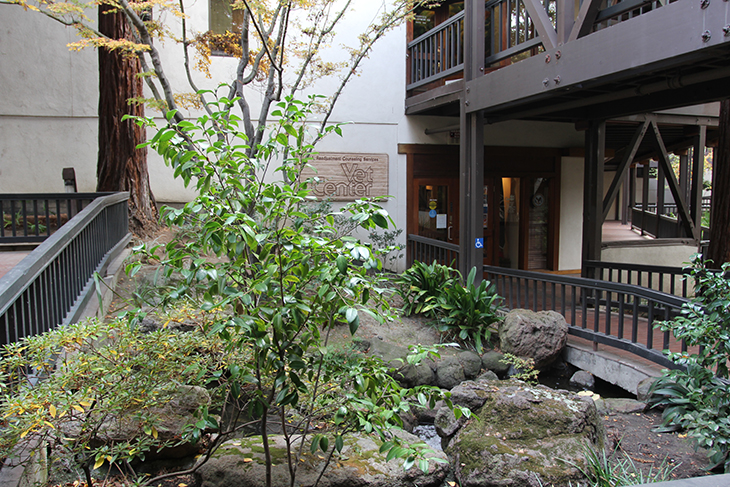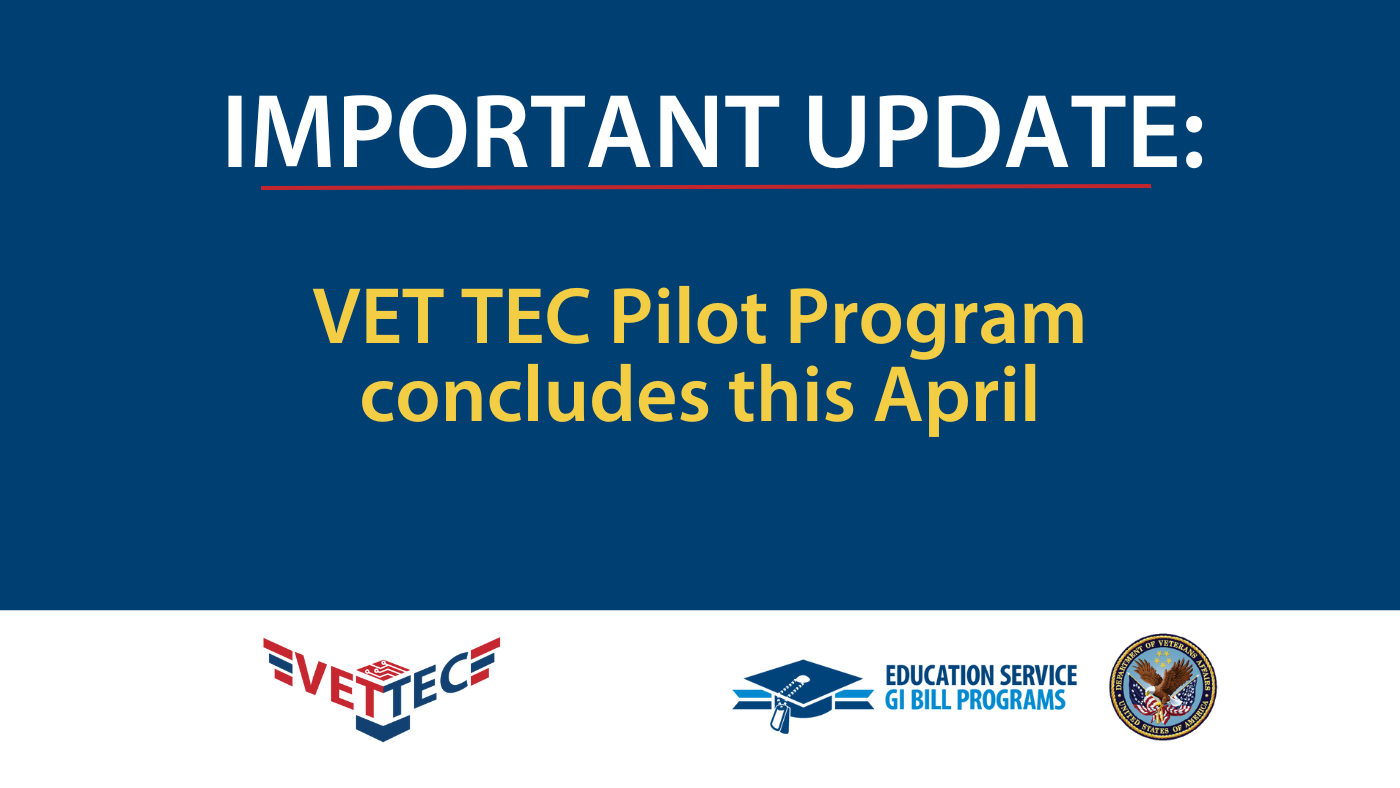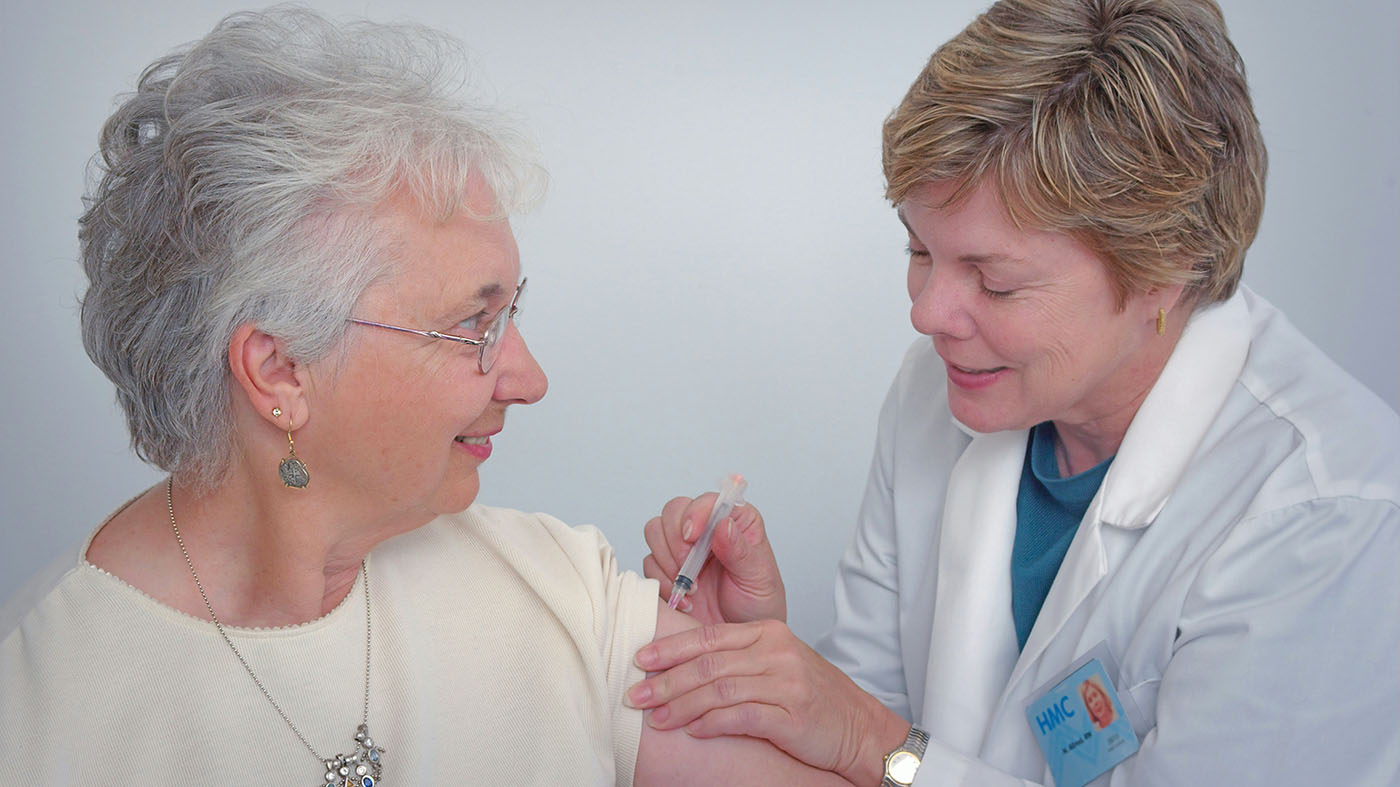There is an inherent need for war Veterans to want to talk to other combat Veterans, who are themselves the real deal. At the Concord Vet Center (CVC) in Concord, California, the Thursday night Vietnam Veterans group calls her “Sarge.”
It is a nickname that social worker Lori Shepherd, a Gulf War Veteran and the group’s facilitator, admits she had to earn we she took the group’s lead in 2013. Part of earning her nickname included manning the gunner’s position during a UH-1 helicopter ride sponsored by local Vietnam Veterans.
“It’s important to the group that I understand some of what they experienced in Vietnam,” said Shepherd. “The ‘huey’ pilot had us hovering so low I could only see the top of the marsh grass … just to see how that looks. That’s what they saw in Vietnam.”
At home, Shepherd’s marriage to a Vietnam Veteran augments her formidable awareness. This is the authenticity that Veterans expect when they enter a Vet Center.

“People talk about their dream job,” said Decker, who holds a master’s degree in Social Work from the University of Southern California . “This is it, this is my dream job.”
Inside the Vet Center, the walls hold an accumulation of Veteran life. There is a collection of war artifacts, each significant to a life affected by combat. The Vet Center has become an established cache for the community. It’s a repository of historical military memorabilia that Veterans and their families want to share with those who recognize the importance of service and sacrifice.
The collection reflects ownership of the Vet Center by the Veterans themselves; there is an assuredness that the team understands the importance of a Zippo lighter given by a Vietnam Veteran, or a hand-sewn rabbit fur jacket taken from a Nazi by a World War II infantryman during the Battle of the Bulge, or the ceremonial saber of a Civil War cavalry officer of the 5th Regiment Massachusetts Colored Volunteer Cavalry, which was given to him by his non-commissioned African American officers upon promotion to captain.

Currently, there are several Servicemembers who come to the Vet Center still in their duty uniform.
“We don’t need anyone to change clothes; we don’t want anything getting in the way of anyone wanting to talk,” said Staff Sgt. Maria Mareno, and Active Guard Reserve member who is completing her USC master’s degree internship while on assignment with the California National Guard. Mareno hopes to expand Servicemembers’ understanding that confidential counseling is available at the Vet Center.
“No one has to know if you’re getting help at a Vet Center,” she said.
There is no requirement for a Veteran, Servicemember or their family members to register with VA or the Department of Defense in order receive support at a Vet Center. Additionally, readjustment services take many forms. One of Mareno’s clients lacked social support, but he liked sports and was encouraged to join the Vet Center workout group. Between his sessions, the group helped by asking him to attend events even if he just sat on the sidelines.
“I haven’t seen that anywhere else,” said Mareno. “When he no longer needed treatment, he had developed a sense of community within the group. He stayed because of the connection. He got that at the Vet Center.”
A Vet Center-based community is built on the bond of “welcome home,” which is significant to Vietnam Veterans as recognition of their service. Current members often form motorcycle teams to escort returning combat Veterans home from the airport, or invite fellow Veterans and their families to cookouts, some of which have grown from 10 members to 40 within five years.
The workout group, the team’s defacto name given to events described jokingly by Maurice Delmer, Outreach Coordinator, as “any form of physical exercise, which can include observation only,” began when counselor and half-Ironman athlete Mike Ergo, a former Marine and OIF Veteran paired up with Delmer for a five-mile hike.
“Yes, we have civilians in our workout group,” said Ergo, who is also a licensed master social worker. “I want Vets to engage in conversation with someone who has no military experience.”
Veterans might expect they are with other Vets, but when they discover the person they’ve been talking with for the past hour has no military background, it makes them rethink their assumptions. Ergo noticed the informal discussions that happen getting to the workout destination may have the most value.
“Those discussions among Veterans and the community,” Ergo explained, “dispel the myth of being able to relate only to other Veterans.”
When a Veteran comes into the Vet Center, a counselor is on-call to meet them, no appointment necessary.

During these intake discussions, Shepherd asks about their military background. She carefully observes the Veteran’s reaction to either the uniforms, photographs, or the displays. There is a balance the counselors embrace to show positive appreciation of the memorabilia while observing what items may “trigger” a Veteran.
“If something a Veteran sees bothers them,” said Shepherd, “that’s a start to a deeper conversation; that’s where we gain insight.”
Each of the Vet Center counselors has an office which reflects their style. Their schedules are similarly diverse, allowing for non-traditional hours such as weekend and evening appointments to accommodate Veterans.
“I try to make my office demonstrate a tone-down sense of my personality,” said Decker.
As a clinician, Decker believes it’s his job to help Veterans navigate their emotions within the Vet Center, whether it’s with the war memorabilia, his office, or himself as a therapist. Decker has a large U.S. Marine Corps flag above his desk opposite a rainbow flag emblematic of the LGBT community.
“You can tell I am a little bit motivated,” says Decker. “If a Veteran is going to have a negative association to my motivation, or a negative association to the Marine Corps, I’m not probably the right therapist for them … and frankly I would rather have them know that.”
It’s the reason he also has a rainbow flag in his office.
“If I get a LGBT Veteran in here [his office], they know right away ‘friend right here’.” Decker sees another benefit to a Vet Center in a direct counselor-to-Veteran connection. “If I have to cancel a session, I call the Veteran myself to reschedule,” he said. “There isn’t a receptionist between a counselor and their client.”
When counselor Kira Serna, U.S. Air Force OEF Veteran, was serving in United Arab Emirates she was responsible for community events while coordinating entertainment for the troops with the USO. With an avid interest in keeping her personnel mentally focused and emotionally balanced, she developed a series of Forward Operating Base (FOB) community-building events for her team. The events were small in scale but well attended. Then the base commander took notice. It was logical that Serna was requested to expand her scope and include all FOB personnel, but Serna embraced the challenge.
“It had a profound effect on me seeing the connection soldiers were making and creating a community,” Serna said “They would try to have fun even in a war zone.”
The original inspiration for the community connection within the Concord Vet is on display in the main corridor, on the way to Serna’s office, where photographs highlight the center’s first Team Leader, Rose Sandeki, U.S. Army Nurse Corps.
“Our founder is a female Vietnam Veteran,” says team leader Jeff Jewell. “We are very proud that she is still with us and attends many of the center’s activities.” Jewell is also proud of his team. “The diversity of the Concord Vet Center Team is at the core of what we do every day,” said Jewell. “Key team members include Al Prestosa, who is Filipino and is a retired U.S. Navy Corpsman with three combat tours in Desert Storm and OIF Sal Ueda, LMSW, from the Island of Palau who has a huge group of Asiatic Pacific Islander Veterans; and Felisa Gaffney, Licensed Marriage and Family Therapist, PsyD and African American who is a retired U.S. Air Force Veteran.”
The Concord Vet Center is literally boots-on-the-ground as evidenced by Jewell’s Concord Vet Center Staff providing counseling in the surrounding areas including Fairfield, Brentwood, Dixon and Suisun, CA. The team rapport is reflective not only of the counselors but also of the larger Concord-Bay Area community. At the Concord Vet Center, a Veteran may come for the counseling, but they stay for the community.
About eligibility and readjustment services:
The Vet Center program was built by Vietnam Veterans. In1979, Congress adapted the program renaming it Readjustment Counseling Service (RCS). Vet Centers encourage direct Vet-to-Vet discussion.
Vet Centers became the first Veterans Affairs program to systematically treat Posttraumatic Stress Disorder — PTSD — in returning war Veterans. Currently there are 300 Vet Centers across the nation. As a guideline for eligibility, if a Veteran was on active duty in a theater of combat against a hostile force, no matter the era, or served in imminent danger-pay areas (which may include service support areas outside the zone of direct conflict) after Nov. 11, 1998, the Veteran, their family and partner are eligible for Vet Center services. A combat Veteran with an other-than-honorable discharge may also call a Vet Center to discuss potential discharge upgrade based on conditions related to their combat experience.
Vet Center eligibility expands to any Veteran seeking help for military sexual trauma, no matter the duty location or dates of service. Bereavement counseling at a Vet Center is also available for a family member of any Servicemember who died of any reason while on active duty after August 5, 2003. (Vet Center counselors often volunteer their services at nonprofit events that focus on families of Servicemembers killed in a combat zone.) With recent eligibility expansion, any Servicemember or Veteran who provided emergent medical care or mortuary services to the casualties of war, as well as Servicemembers of unmanned aerial vehicle crews that provided direct support in a war zone are eligible for services at a Vet Center.
About the author: Barbara Kuhn is with VA’s Readjustment Counseling Service.
Topics in this story
More Stories
Over the five-year program, more than 14,000 VET TEC beneficiaries completed their program and nearly half have reported finding meaningful employment with an average starting annual salary of $65,000.
VA is calling for applicants for the 2024 Specially Adapted Housing Assistive Technology grant.
Updated COVID vaccines are available free of charge to Veterans receiving care at VA .






